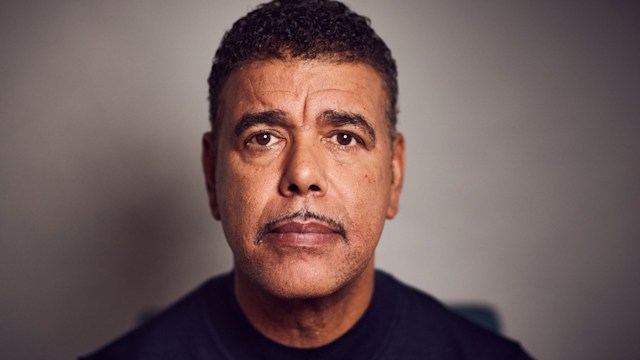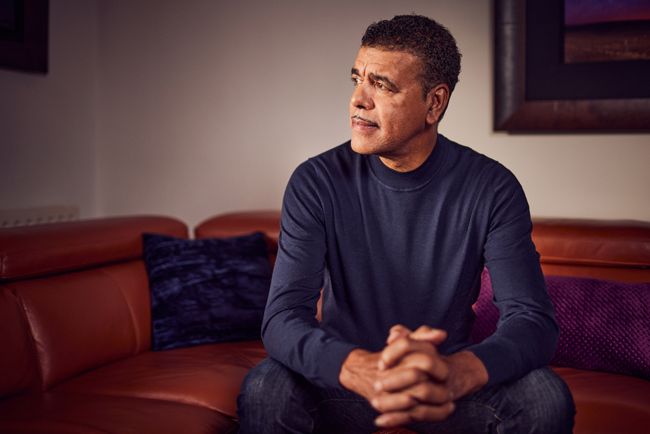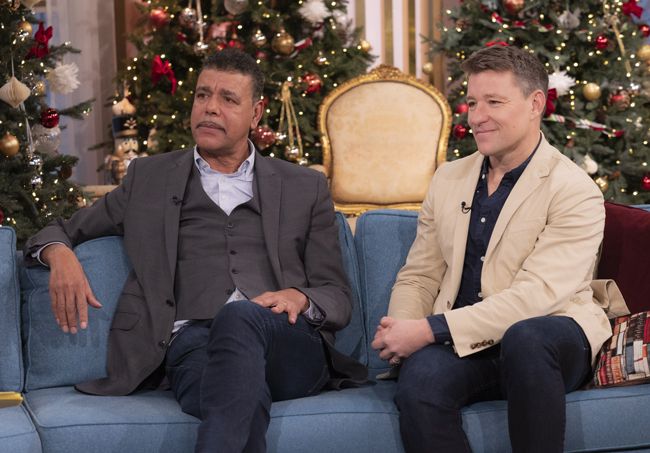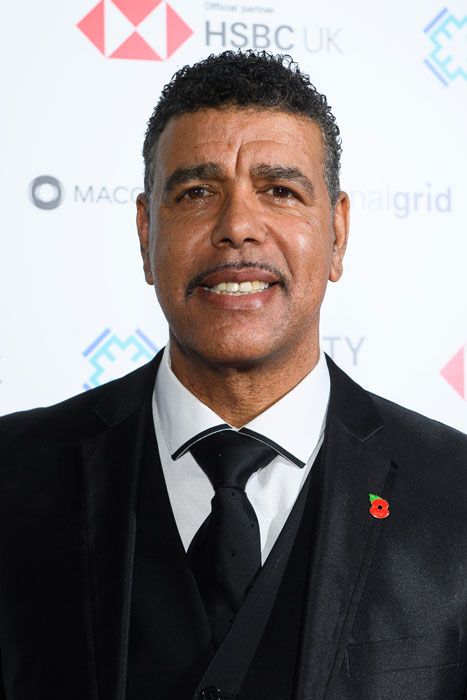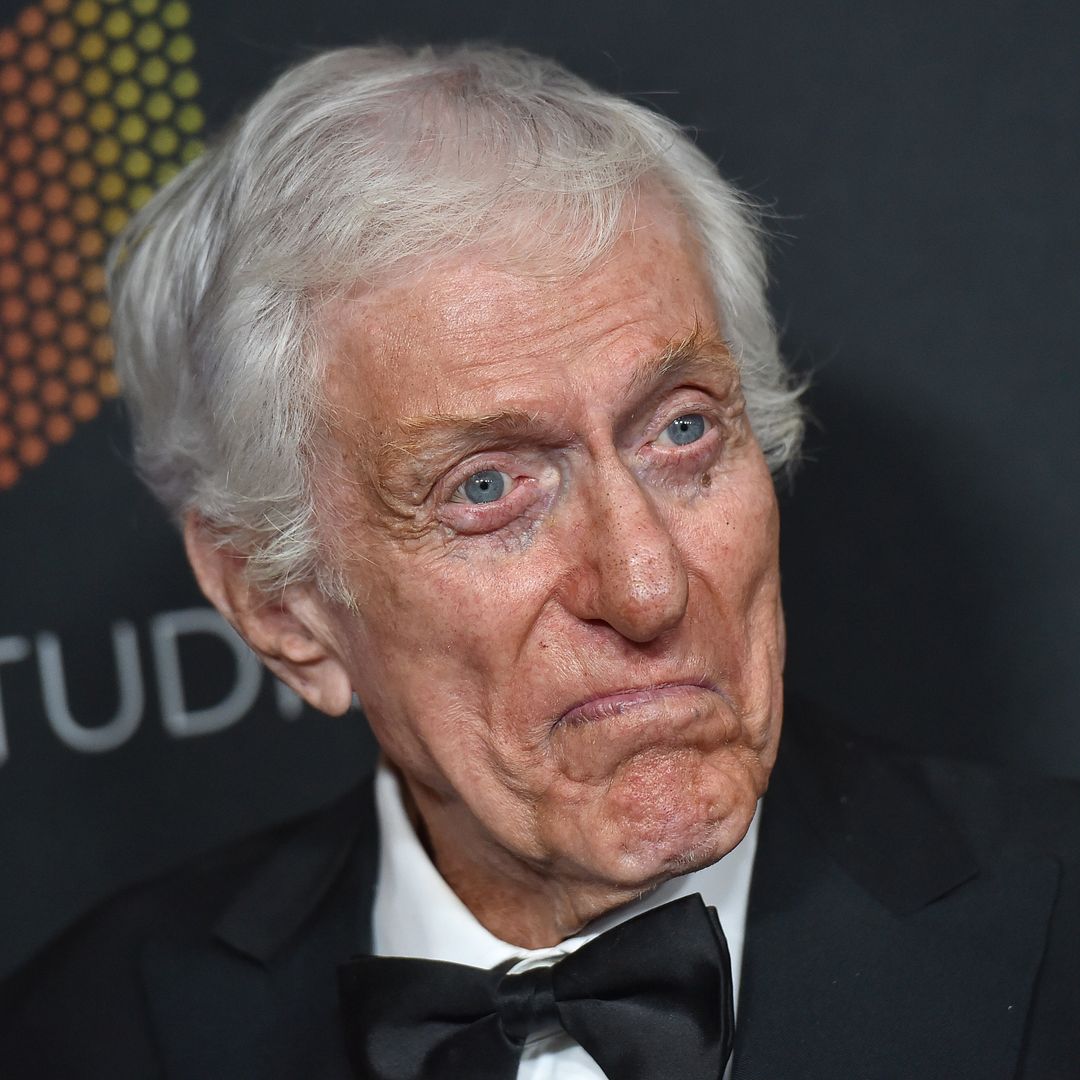Former Sky Sports presenter Chris Kamara, 66, was diagnosed with apraxia in early 2022, and has now opened up about his health battle in his new book, Kammy: My Unbelievable Life.
People with the condition often have issues moving from one sound, syllable or word to another, which can make it seem like they're slurring. This isn't the first time Chris has shone a light on the difficult condition since the former Leeds United, Sheffield United and Bradford City star previously opened up about his condition in an ITV documentary titled Chris Kamara: Lost for Words.
The documentary, which Chris made with his friend and fellow presenter Ben Shephard, gave an insight into apraxia.
Ahead of the release of the documentary, Ben Shepherd shared his admiration of Chris, writing: "It was a privilege and huge responsibility to make this [documentary] with him. His courage, humour and positivity shine throughout despite what he's going through.
"We'd love you to watch so you can better understand the battle he's facing with apraxia, and also how important it is that people know about the condition."
In the trailer for the documentary, Chris emotionally said: "I used to be one of the loudest people in the world, but now I've become one of the quietest.
"Every day I wake up and the first thing I think is, 'Am I going to be able to talk today?'
"I'm still trying to come to terms with my condition. I feel a fraud in terms of broadcasting. I know what I want to say, but the process of saying it has gone wrong somehow."
During an appearance on GMB last autumn, Chris became visibly emotional as he discussed coming to terms with his diagnosis.
"My apologies to everybody out there who has got a speech condition, because it doesn’t define who you are. I get upset talking about it, because I was in denial, I was ashamed that I couldn’t speak," he explained.
Reaching out to take his hand and comfort the star, host Susanna Reid said: "You have got nothing to be ashamed of. Just let me take your hand. You have done so much to inspire other people."
In May 2022, Chris stepped down from his role at Sky Sports after 24 years due to his struggles with speech, after first opening up about the condition in March.
At the time, Chris tweeted: "Alongside my thyroid problem I have developed apraxia of speech and have been working to get my speech back to normal. Some days it can be a little slow and some days it’s normal. Hopefully I can beat this!"
Chris thanked his followers for all of their support but explained he'll be taking a break from live TV for the time being. He wrote: "Thank you so much to everyone for your best wishes Twitter can be a wonderful platform. The response about my apraxia has been overwhelming Unfortunately for you viewers this is not the end of me but "Live TV" might have to take a back seat at the moment. Thank you."
What is apraxia of speech?
Apraxia is difficulty in carrying out planned movements, according to the speech and language therapy department at Norfolk and Norwich University Hospital.
"A person with apraxia may be able to carry out automatic movements but not planned movements," they explain.
"For example, they may be able to yawn (automatic) but be unable to open their mouth when asked (planned).
"Speaking involves a complex set of muscle movement patterns. Apraxia of speech is thought to be caused by a problem in the brain area responsible for planning these movements. The muscles are not weak, but they will not work properly when the person tries to speak."
"Apraxia of speech can be extremely frustrating. The person usually knows what they want to say. When they try to say it, it may come out wrong or not come out at all. They may be able to say a word correctly one minute but next time it comes out all wrong.
"Frequently the person with apraxia will have difficulties with conversational speech. However they may be good at 'automatic' speech tasks such as counting, swearing, repeating rhymes, greetings and farewells.
Can you recover from apraxia?
Chris said he is doing "everything he can to get better," but is unsure what the future holds.
Treatments for apraxia include speech therapy, and in the documentary, Chris can be seen performing coordination exercises, which can help.
Apraxia treatment focuses on getting the muscles to move correctly, teaching them to work in the way they used to. Saying sounds repeatedly and using the correct mouth movements can help.
How to help someone with apraxia
Showing patience and understanding is key.
RELATED: Celine Dion's health battle explained - what is stiff person syndrome?
Norfolk and Norwich University Hospital recommend reducing distractions and background noise during conversation, and giving the person plenty of time to speak.
They also suggest encouraging the person to use other forms of communication to support their speech, such as gestures, writing and drawing.
